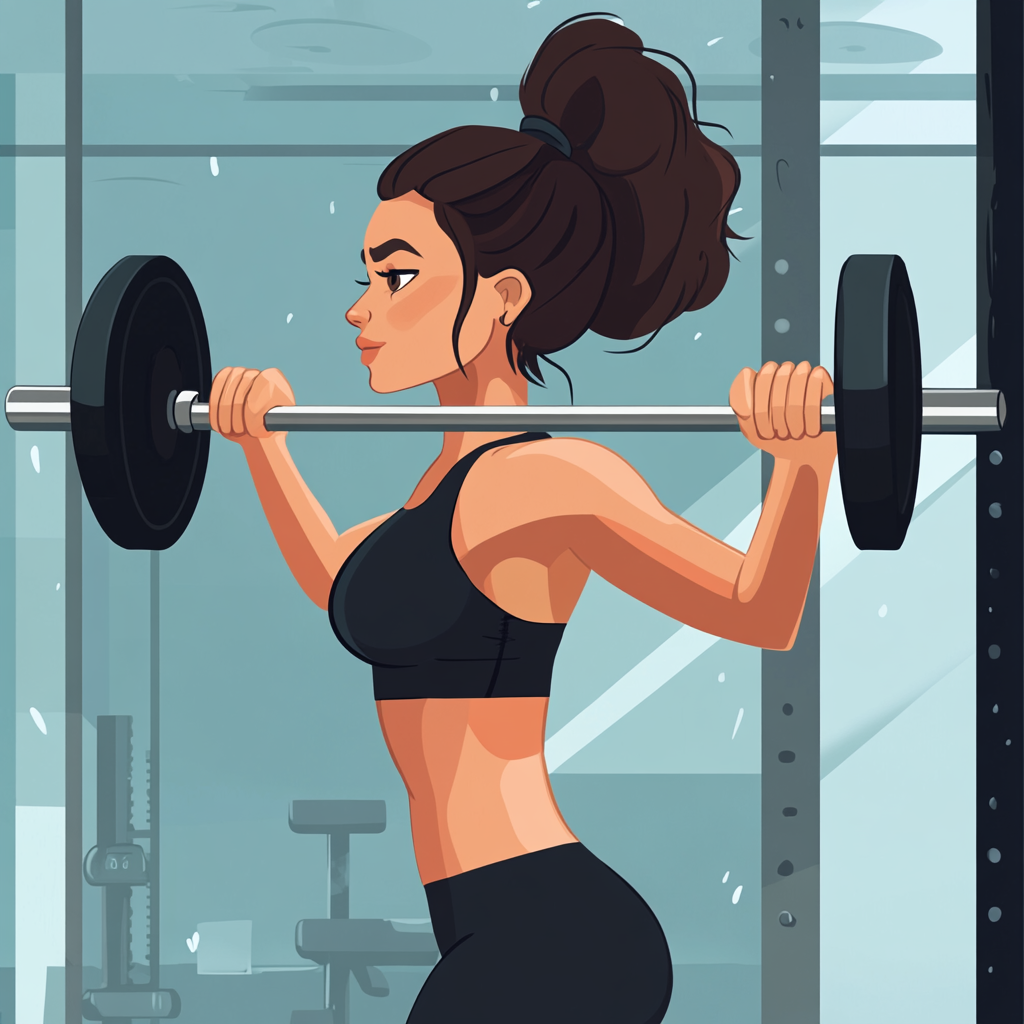The Search for Validation: Why We Struggle to Keep Moving After Separation
At some point—after the heartbreak, the longing, the endless tears—we decide it’s time to get our life back on track. We make that quiet commitment to change. To heal. To start again.
But here’s the thing: if we focus too much on the result rather than the process, we often find ourselves slipping back into old roles. Most notably—the victim.
It might sound harsh, but inside each of us, there’s a constant pull between two parts. One that wants to grow, and one that wants to be comforted. One that says, “I’ve got this,” and one that whispers, “But look how hard it is.” And both of them, strangely, give us something that feels good.
Growth gives us pride. Momentum. A sense that we’re taking back control.
The victim mindset? That gives us compassion. Support. Attention. It reminds us we’re not alone. And when you're hurting, that can feel like everything.
But it goes deeper. Underneath this tug-of-war is our value system. What we really hold important, often without realising it. If you value friendship, connection, compassion—then even when you want to grow, you might subconsciously lean back into the victim role because it’s the only time you feel others leaning in.
It’s not that you don’t want to heal—it’s that the need to feel connected feels more urgent than the need to grow. And your values, whether conscious or not, are running the show.
If your highest value is growth, then you’ll push forward even when it’s lonely. Even when the results don’t come fast. But if comfort, safety, or connection rank higher—and they often do after separation—you might find yourself looping back to the familiar. Not because you’re weak, but because your system is trying to protect you.
This is where the danger of needing validation sneaks in.
We go to the gym to change. We write in a journal. We cut off contact. We try to be better. But if we don’t see a result quickly—a shift in the scale, a kind word from the ex, a noticeable difference in how we feel—we begin to doubt. What’s the point? we ask.
And so, we return to what’s familiar. What brings immediate relief. That old story. That old behaviour. That one person we know is no good for us, but at least they feel like home.
It’s like the guy who starts working out. He sees the number on the scale drop and feels proud. But the moment that number plateaus, he says, “This isn’t working,” and reaches for the comfort food again. He fell in love with the result, not the habit. And when the results paused, so did he.
The same happens with healing. The start is exciting. It’s full of adrenaline and hope. You want to change. You feel empowered.
But then it gets hard. The emotional muscles ache. The change feels foreign. The identity starts to shift—and it doesn’t feel like you anymore. That’s when the doubt creeps in. When the inner child starts whispering, “Go back. At least back there you knew who you were.”
This is the moment most people give up. But here’s what I’ve learned:
The uncomfortable can become the new comfortable—with repetition.
Healing isn’t always exciting. Sometimes it’s boring. Sometimes it’s brutal. Sometimes you’ll cry on the floor and wonder if anything is changing at all. But every time you resist the old story, every time you say no to validation and yes to integrity, you’re rewiring your nervous system to trust the new path.
Over time, you’ll look back and realise you didn’t need the applause. You didn’t need the outcome. You just needed to keep walking.
And suddenly, the growth isn’t something you force—it’s something you become.
So if you’re in that awkward in-between—no longer who you were, but not yet who you want to be—keep going.
Comfort will come.
But only if you earn it through discomfort first.
And you don’t need anyone else’s approval to get there.
